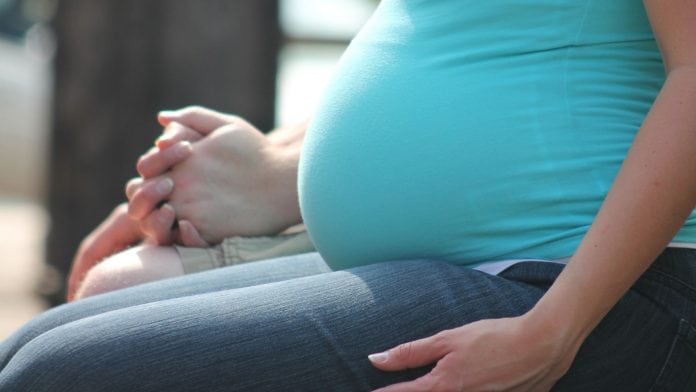
There is no strong evidence that vitamin D protects against pregnancy-induced high blood pressure or pre-eclampsia, new research published in the BMJ suggests.
It is common for pregnant women to have low levels of vitamin D, which can suppress the hormone that regulates blood pressure, which in turn may increase the risk of hypertension and pre-eclampsia during pregnancy.
Despite pregnant women in many countries, including the UK and USA, being advised to take a daily dose of vitamin D, the World Health Organization’s (WHO) guidance suggests that evidence supporting vitamin D supplements for women during pregnancy to reduce adverse pregnancy outcomes is insufficient.
What do past studies say about vitamin D intake?
Previous studies have found that women with lower levels of vitamin D are at a greater risk of pre-eclampsia and some trials have suggested a potential benefit. However, it remains unclear whether the supplement is a cause of pre-eclampsia.
To find more definitive proof, the new research from the University of Bristol, UK, involved a technique called Mendelian randomisation and examined whether genetic variants associated with vitamin D production and metabolism also influenced the risk of pregnancy-induced hypertension and pre-eclampsia for over 7,000 women.
They also performed another (two-sample) Mendelian randomisation analysis of 3,388 pre-eclampsia cases and 6,059 controls.
Was the research definitive?
Following Mendelian randomisation analysis, there was no evidence to support a direct effect of vitamin D levels on risk of gestational hypertension or pre-eclampsia.
The researchers point to some study limitations. For example, the analyses were restricted to pregnant women. If vitamin D affects fertility, this may have resulted in selection bias.
Researchers have suggested that further studies with a larger number of women with pre-eclampsia or more genetic variants that would increase the predictive power of vitamin D levels are needed.
They concluded: “In combination with adequately powered clinical trials, this could help finally establish whether vitamin D status has a role in pregnancy-related hypertensive disorders.”









